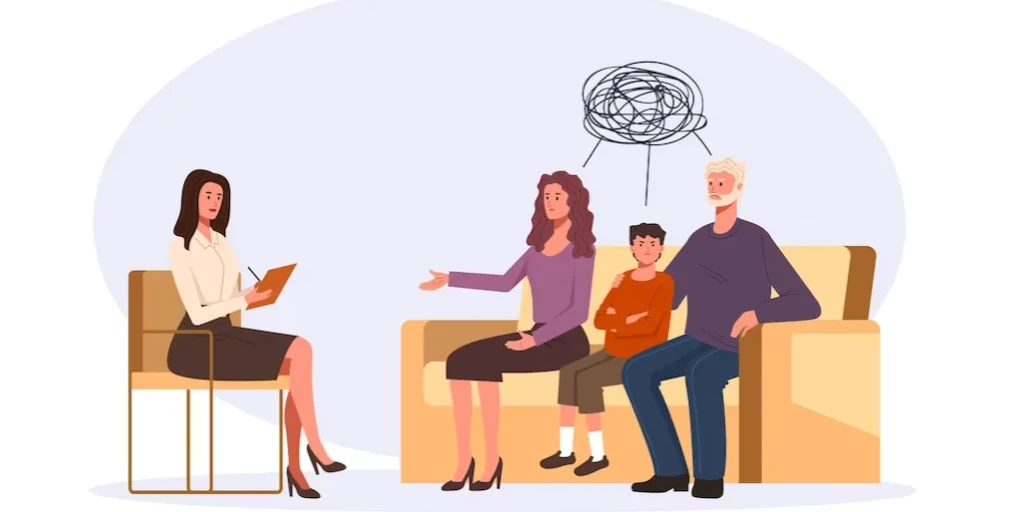24/7 Helpline:
(866) 899-221924/7 Helpline:
(866) 899-2219
Learn more about Medication-assisted Treatment centers in Ramer
Medication-assisted Treatment in Other Cities

Other Insurance Options

Holman Group

AllWell

Sutter

Coventry Health Care

Kaiser Permanente

Private insurance

Covered California

Excellus

Highmark

Carleon

State Farm

Health Partners

Regence

ComPsych

WellPoint

Absolute Total Care

Horizon Healthcare Service

United Health Care

American Behavioral

Aetna





Montgomery Area Mental Health Authority – Montgomery
Montgomery Area Mental Health Authority – Montgomery is a public rehab located in Montgomery, Alabam...

Baptist Meadhaven Addictive Disease Program
Baptist Meadhaven Addictive Disease Program is a private rehab located in Montgomery, Alabama. Bapti...

New Season – Montgomery Metro Treatment Center
New Season - Montgomery is an alcohol and drug rehab center serving the people of Montgomery, Alabam...

Bradford Health Services
Bradford Health Services is a drug and alcohol rehab in Montgomery, Alabama. They provide outpatient...









































Montgomery Area Crisis Residential Care
Montgomery Area Crisis Residential Care is a private rehab located in Montgomery, Alabama. Montgomer...

Faith Crusades Homes
Faith Crusades Homes is a private rehab located in Montgomery, Alabama. Faith Crusades Homes special...

Chemical Addictions Program
Chemical Addictions Program is a non-profit rehab located in Montgomery, Alabama. Chemical Addiction...

Meadhaven Addictive Disease
Meadhaven Addictive Disease is a private rehab located in Montgomery, Alabama. Meadhaven Addictive D...

Baptist Medical Center South – Crossbridge Behavioral Health
Baptist Medical Center South – Crossbridge Behavioral Health is a drug and alcohol rehab in Montgome...

Crossroads to Recovery Ministries
Crossroads to Recovery Ministries is a private rehab located in Montgomery, Alabama. Crossroads to R...

Lighthouse Counseling Center – Outpatient
Lighthouse Counseling Center – Outpatient is a private rehab located in Montgomery, Alabama. Lightho...

AA – Alcoholics Anonymous – Chisholm Group
AA – Alcoholics Anonymous – Chisholm Group is a non-profit rehab located in Montgomery, Alabama. AA ...

Rehabilitation Associates
Rehabilitation Associates is a private rehab located in Montgomery, Alabama. Rehabilitation Associat...

Oxford House Catalyst
Oxford House Catalyst, located in Montgomery, Alabama, is a democratically-run, self-supporting, and...

We Are Women
We Are Women is a private rehab located in Montgomery, Alabama. We Are Women specializes in the trea...

Rehabilitation Associates – Carmichael Court
Rehabilitation Associates – Carmichael Court is a private rehab located in Montgomery, Alabama. Reha...

Bicycle Health – Alabama
Bicycle Health – Alabama is a drug and alcohol rehab in Montgomery, Alabama. They provide outpatient...

AA – Alcoholics Anonymous
AA – Alcoholics Anonymous is a non-profit rehab located in Montgomery, Illinois. AA – Alcoholics Ano...

Bicycle Health – Vermont
Bicycle Health - Vermont is an online Medication Assisted Treatment Program. Bicycle Health - Vermon...













































































































































